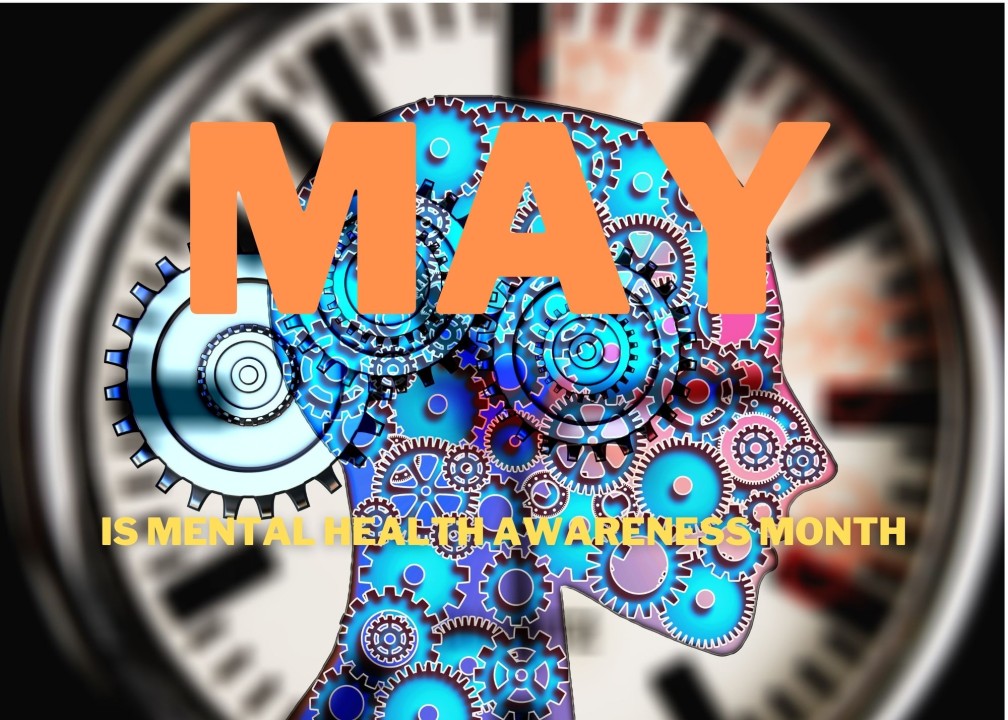
Mental Health support – Turning the possibilities into reality

May is Mental Health Awareness Month. Mental illness is so prevalent in the U.S that it affects 1 in 5 families. (source: National Alliance on Mental Illness) The extent of mental disorders on family members is difficult to assess and quantify, and overlooked. However, it does have a significant impact on the family’s quality of life. Family members are often the primary caregivers of people with mental disorders. They provide emotional and physical support and often have to bear the financial expenses associated with mental health treatment and care. In addition to the social and economic toll, those suffering from mental illnesses are also victims of human rights violations, stigma, and discrimination.
The Global Burden of Disease Study 2010 (GBD 2010) estimated that a substantial proportion of the world’s disease burden came from mental, neurological, and substance use disorder [source: https://www.ncbi.nlm.nih.gov/pmc/articles/PMC4320057/]
Mental health seems to hide behind a curtain of stigma and discrimination for too long. It is time to bring it out into the open. The magnitude, suffering, and burden of disability and costs for individuals, families, and societies are staggering. The economic impacts of mental illness affect personal income, the ability of ill persons, and often their caregivers to work. According to the World Health Organization, the cost of mental health problems in developed countries to be between 3% and 4% of GNP. However, mental disorders cost national economies several billion dollars, both in terms of expenditures incurred and loss of productivity.
Investing in mental health today can generate enormous returns in terms of reducing disability and preventing premature death. The priorities are well known and the projects and activities needed are clear and possible. It is our responsibility to turn the possibilities into reality. Everyone has different experiences with their mental health and their preferred methods of care and support.
At Ellora, we focused our energy on applying technology to emotional, psychological, and social well-being problems. Our goal is to provide the fastest way to deliver care/therapy through cloud based secure platform.
You can support Mental Health by advocating support by joining your local community awareness program to ensure that more people around you know that mental health is a vital part of everyone’s life. The most important thing that we can do is have empathy and support each other during these challenging times. It could be as simple as reaching out to someone in your life to see how they’re doing, starting a conversation, and let your group of friends know you’re comfortable talking to them about anything they’re going through.
References
NIH – National Institute for Health
NCBI – National Center For Biotechnology institution
CDC – Center for Diseases Control
WHO – World Health Organization.
Author : Sanjay Joshi
